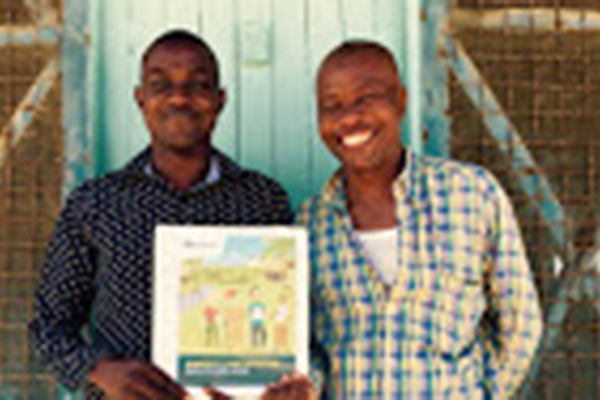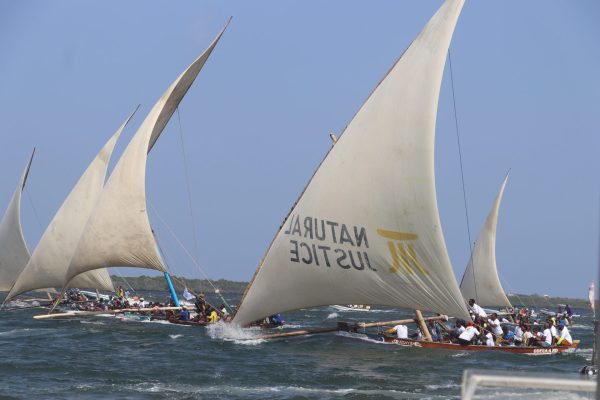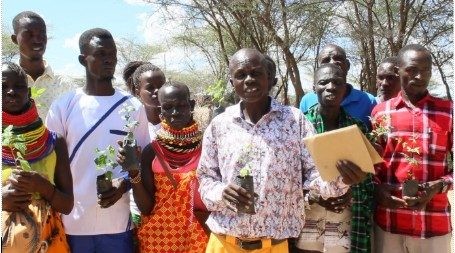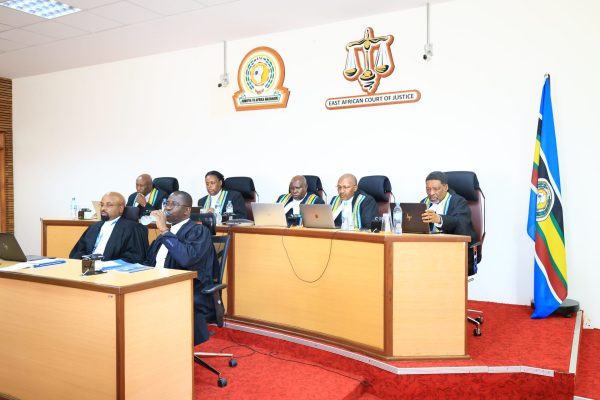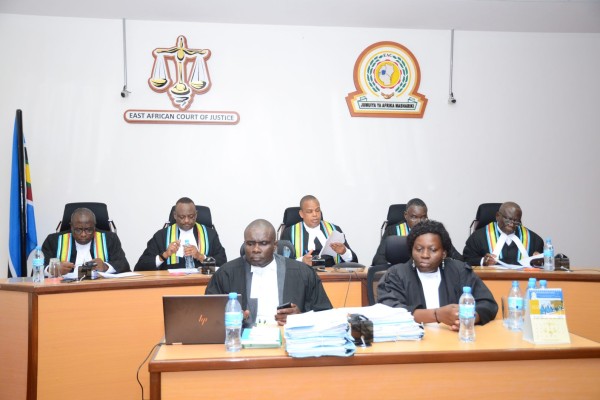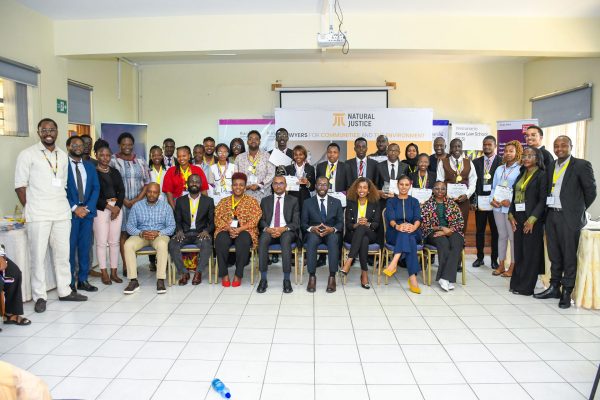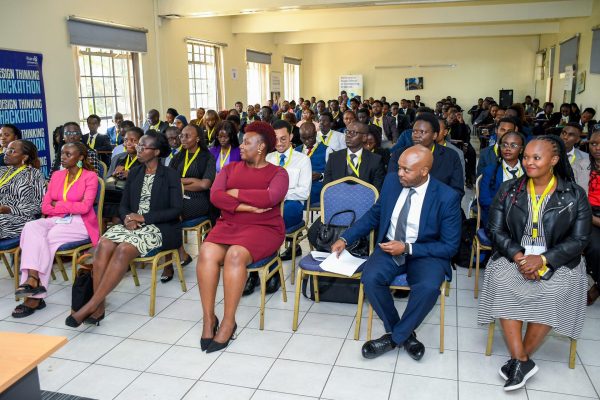
Guest Blog by: Rachael Knight, Director, Community Land Protection Program, Namati
The scale of the global land grab is staggering. While international actors have made excellent progress establishing complaint boards, issuing principles for responsible investment, and securing commitments from multi-national corporations, these protections do not chart a clear course of action that communities can follow to protect their lands and natural resources before an investor arrives seeking land.
The problem is that once an investor arrives to “consult with” a community, it may be too late. After a deal has been made in capital city conference rooms or in clandestine meetings between chiefs and company representatives, communities are forced on the defensive. At this point, all they can do is try to mitigate the negative impacts of investors’ plans – rather than assertively proclaiming their legal rights, demanding that the investor abide by FPIC principles, and thenchoosing whether to reject the investment or accept it on terms that ensure that the community benefits and prospers.
Meanwhile, many of the “investors” grabbing land are national or local elites unaccountable to international institutions – the cousin of the President or the nephew of the Minister – who operate with complete impunity, protected by powerful connections to government, the judiciary and the police. Such individuals do not answer to shareholders or complaint boards, and are not the least bit concerned with principles of corporate social responsibility. If a community’s land claims are unrecognized or undocumented – and if the community’s leadership is weak or corrupt – the easier it is for these elites to manipulate their power to claim what land they want.
To have a fighting chance against elites’ bad-faith actions, communities must proactively take steps to know and enforce their rights, prevent their leaders from transacting land without community approval, and seek legal recognition of their land claims. And they must do so before elites and investors arrive.
After years of working with partner organizations around the world to support communities to protect their land rights, the international legal empowerment organization Namati has developed a comprehensive approach designed to support communities to do just this: proactively document and map their land claims, seek formal government recognition of their land rights, and strengthen local governance.
To share this approach with frontline advocates and activists across the world, Namati has published a Community Land Protection Facilitators’ Guide as a step-by-step, practical “how to” manual for grassroots advocates working to help communities protect their land rights.
The guide, available to download for free, details Namati’s five-part process for protecting community lands and examines questions such as: “Who is included or excluded when defining a ‘community’?”, “How to resolve longstanding boundary disputes?”, and “How can communities prepare for interactions with potential investors?”
The guide goes beyond documentation to address issues of women’s land rights, inclusive governance, cultural revitalization, ecosystem regeneration, and more. Every chapter includes exercises, sample forms, and tips from veteran land protection advocates. All activities are easily adaptable to a range of cultures, contexts, and community goals. The guide is accompanied by short, animated videos that demonstrate the community land protection process visually.
The goal is not just to protect land, but to leverage community land protection efforts to build:
- Inclusive, diverse communities that respect the rights of women and other marginalized groups;
- Sustainable local economies fueled by diverse local livelihoods;
- Environmental stewardship that results in flourishing ecosystems, food security, and the protection of future biodiversity; and
- The revival, maintenance, and inter-generational transfer of dynamic local cultures, languages, ceremonies, and traditional knowledge.
By adapting and using the approach in the guide, advocates around the world will be better able to not only help communities resist elites and investors’ bad-faith efforts to grab their lands, but to also empower communities to drive the course of their own development, create more just, equitable societies, and preserve ecological and cultural diversity for future generations.
Join Namati’s Global Legal Empowerment Network to learn more and exchange strategies and experiences with other community land protection and legal empowerment practitioners.
Namati is a proud member of the #LandRightsNow campaign
Learn more and sign up today!

